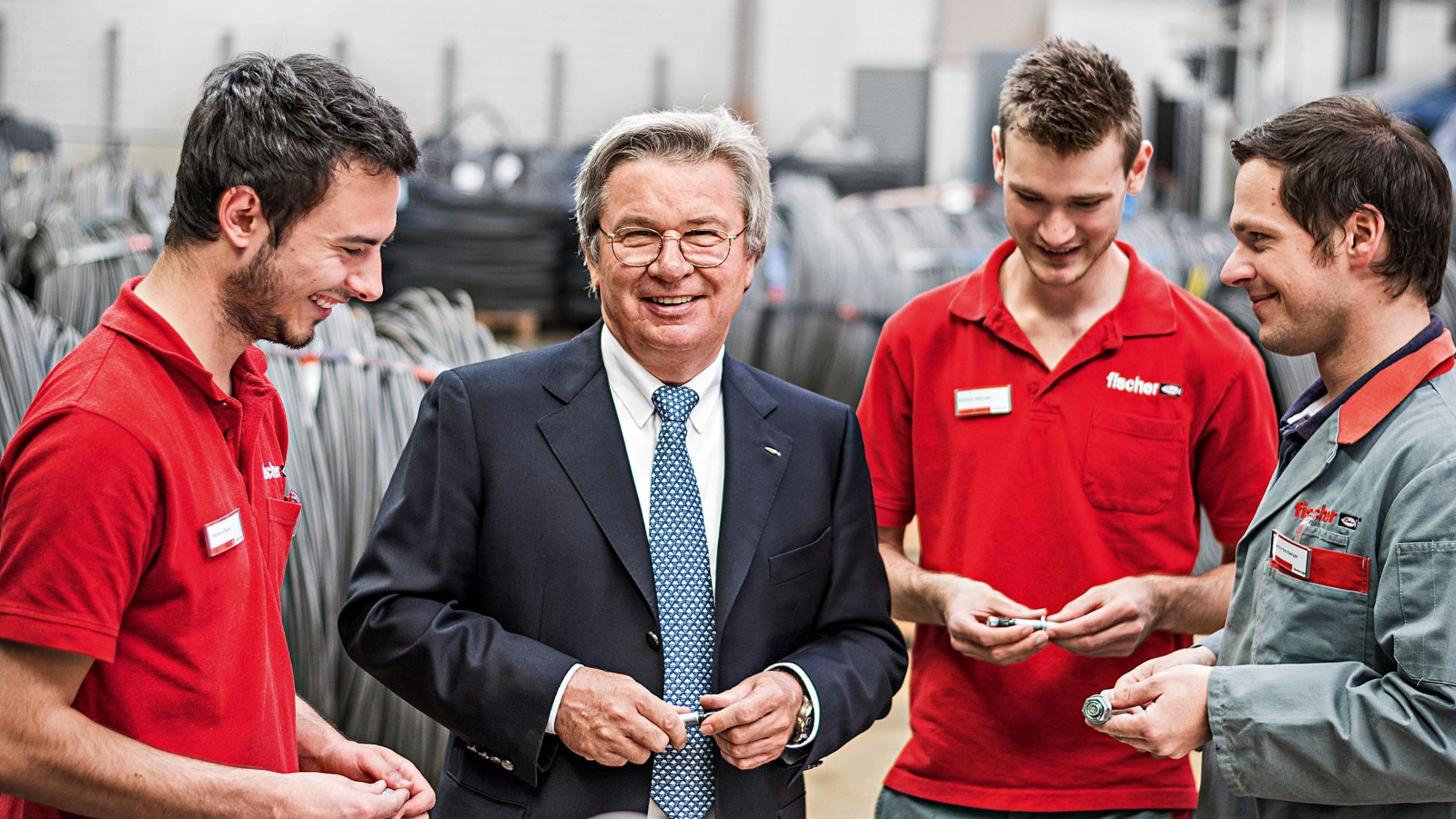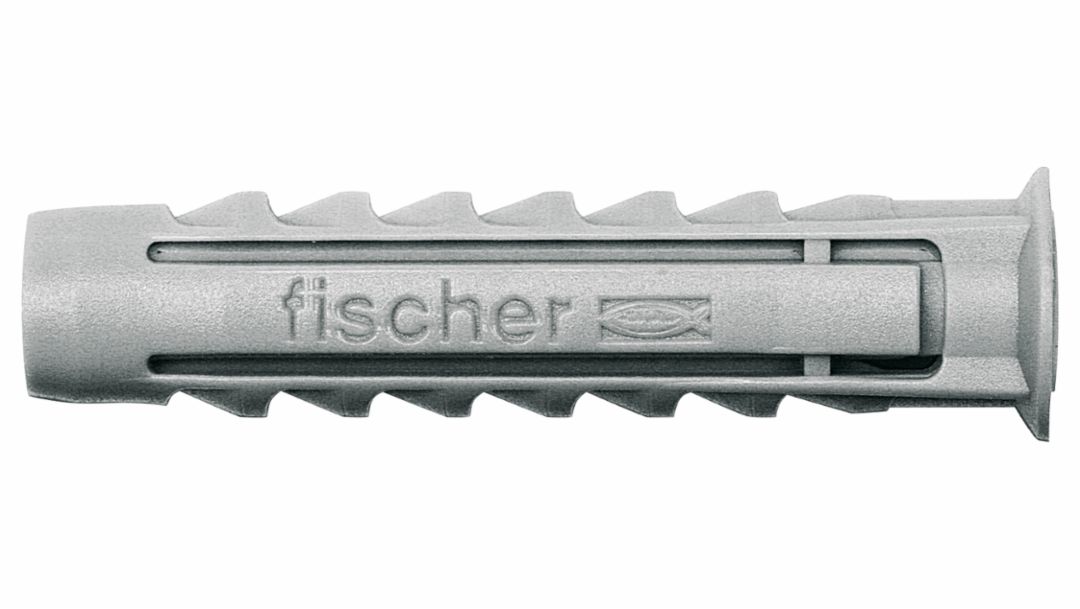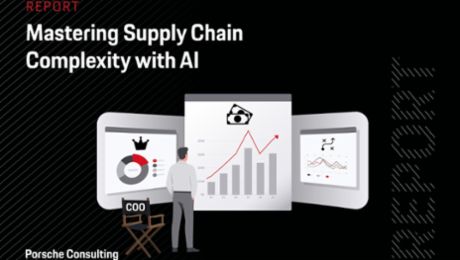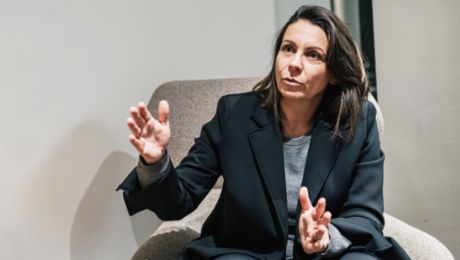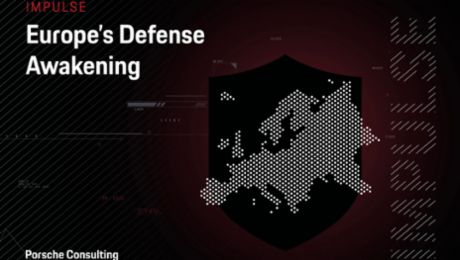Major changes and innovations are usually triggered by crises. The bigger the problems, the more powerful the impetus and the willingness to change. This experience is familiar to anyone who has held a position of responsibility in business for a significant period of time. The crucial question is whether one can then succeed in setting the right new course.
In 2000 our family-owned company, which is currently active worldwide in installation and fastening systems, automotive interiors, construction toys, and process consulting, was posting good growth figures. But problems were surfacing in connection with the revenue we needed to be generating. So changes had to be made, and external support was needed to do so.
All three of the consulting companies that we were considering at the time proposed conventional programs with lengthy periods of analysis. But for me what was important was a pragmatic approach in which the employees would be active participants in changing the company. I had arrived at this conclusion back in the early 1990s on a trip to Japan. We had already started to change the company then in the course of CIP (Continuous Improvement Process), albeit not yet with the necessary consistency. In addition, a leading Kaizen expert from Japan had evaluated our company in the mid-1990s and given us 12 out of 120 possible points. Instead of leading to a breakthrough, this evaluation generated indignation on the part of our managers—and the suggested corrections were not pursued. In retrospect, I realize that things were still going too well for us and that we as an organization were not yet ready for fundamental change.
Porsche Consulting was pursuing an overall approach
These experiences came back to me during the crisis in 2000. At the time, one of the members of our company’s advisory board was also on Porsche’s supervisory board. He put us in touch with Porsche Consulting, and we met with Eberhard Weiblen, Chairman of the Executive Board.
It quickly became clear that Porsche Consulting’s line of action was the right one to take. The main difference between Porsche Consulting and other consulting firms was that it wasn’t just trying to optimize systems and processes but instead was pursuing an overall approach. A little over one year later, our entire corporate group was working with just one consulting company: Porsche Consulting GmbH.
The two years spent working closely together were very successful and our company’s situation rapidly improved. We continued to grow and our results improved substantially, due to overall process optimization and the associated increase in productivity. Although we had excess personnel capacities at this time, we deliberately did not cut any jobs: first, in order not to disrupt the change process that the employees were also supporting; and second, in order to maintain capacities for future growth. Shortly thereafter we were growing so much we even had to hire more people.
The experts brought us together with the best companies in Japan
The pace of change at the company quickly increased. Thanks to support from Porsche Consulting, our employees learned to identify and solve problems themselves and improve processes. In so doing we base everything on the needs of our external and internal customers, and seek to generate benefits for them and delight them with our products.
As another element in “helping companies to help themselves,” Porsche Consulting brought us together with the best companies in Japan, the homeland of Kaizen. Since that time, well over 100 of our employees—from apprentices to the managing director—have visited Japan in order to learn from these companies.
As a result of these initial contacts, a friendly relationship has developed with one of these Japanese companies, and our respective employees meet twice a year to exchange ideas and learn from one another. We also have the opportunity to send our teams to this company’s annual Kaizen conference.
In addition to the methods that we have learned with Porsche Consulting, the most important insight is that all five senses, the expertise, and the experience of our employees are crucial for processes of change. The employees know which processes need to be improved. It’s important to enable them to do so, and also to learn from mistakes made in the past. Every mistake that doesn’t happen again because it is prevented by the standards we have introduced makes the company better. This turns employees into entrepreneurs within the company—entrepreneurs who assume responsibility and institute improvements day after day.
Porsche Consulting and our trips to Japan have enabled us to learn a lot. But it’s not enough merely to master the methods. The continuous improvement process must become the company philosophy. Many attempts have been made to copy the Japanese approach. But cultural differences mean that this will never succeed. Instead, the point is to understand why certain things are done and then to transfer this knowledge to one’s own company. It’s about comprehending, not copying. So we’ve developed our very own approach and philosophy: the “fischer ProcessSystem” (fPS).
Porsche Consulting was an important influence
What started as weekly project presentations that every employee could attend has now turned into our own fPS Prize, which this year will be awarded for the second time. Some 160 teams from around the world have entered their projects in the contest. A jury selects the ten best projects for the final round. Because fPS has become a set part of the training programs at our company, teams of apprentices and students from the Baden-Württemberg Cooperative State University (DHBW) are taking part as well.
Porsche Consulting was an important influence in our “fischer ProcessSystem.” We took the first step together, and Porsche Consulting showed us how we can develop further without external assistance. What is clear is that it’s the people who make the difference at a company. Our “fischer ProcessSystem” enables us to use our employees’ experience and creativity in the best possible way to improve on a continuous basis.
People—not machinery or property—are our greatest asset, and the most important factor in the success of our company. Investment in education and further training is always an investment in the future of our company. At the same time, we—like everyone else—have the great opportunity of using our own creativity to design things ourselves. Instead of waiting for external circumstances and general policy conditions, we can take a proactive approach to our “own economic situation.” In perfect keeping with the motto: “If there’s a lull in the wind, let’s row!”
Info
Text first published in „Porsche Consulting - THE MAGAZINE", Issue 15
